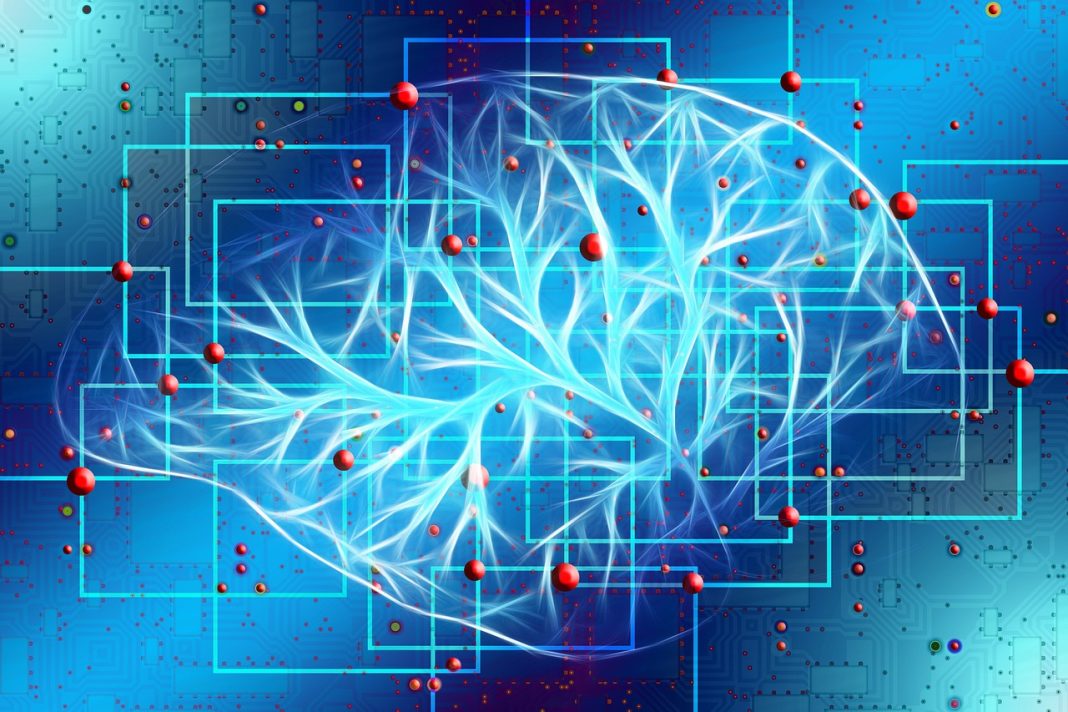Transforming Industries: The Wide Range of Artificial Intelligence Applications
Artificial intelligence (AI) has emerged as a transformative force across various industries, revolutionizing processes, enhancing efficiency, and driving innovation. From healthcare to finance, manufacturing to retail, AI applications are reshaping the way businesses operate and deliver value to customers. In this comprehensive guide, we explore the diverse range of AI applications, highlighting their impact and potential across different sectors.
Understanding Artificial Intelligence
Definition and Concept
Artificial intelligence refers to the simulation of human intelligence processes by machines, particularly computer systems. AI encompasses a broad spectrum of techniques, including machine learning, natural language processing, computer vision, and robotics, enabling machines to perform tasks that typically require human intelligence.
Key Technologies
Key technologies powering artificial intelligence applications include machine learning algorithms, neural networks, deep learning frameworks, and natural language processing (NLP) models. These technologies enable AI systems to analyze data, extract insights, recognize patterns, and make autonomous decisions.
Applications of Artificial Intelligence
Healthcare
In healthcare, AI is used for medical imaging analysis, disease diagnosis, drug discovery, personalized medicine, and patient care management. AI-powered systems can analyze medical images, detect anomalies, predict disease progression, and recommend treatment plans, improving diagnostic accuracy and patient outcomes.
Finance
In the finance industry, AI is applied for fraud detection, risk assessment, algorithmic trading, customer service automation, and personalized financial advice. AI algorithms analyze transaction data, detect suspicious patterns, assess credit risk, and optimize investment portfolios, enhancing security and efficiency in financial operations.
Manufacturing
In manufacturing, AI is utilized for predictive maintenance, quality control, supply chain optimization, and production automation. AI-powered systems monitor equipment health, predict maintenance needs, detect defects in real-time, optimize inventory management, and automate repetitive tasks, improving productivity and reducing downtime.
Retail
In retail, AI is employed for demand forecasting, inventory management, customer segmentation, personalized marketing, and recommendation systems. AI algorithms analyze customer behavior, predict purchasing trends, optimize product assortments, and deliver targeted marketing campaigns, enhancing customer experience and driving sales.
Challenges and Considerations
Data Privacy and Ethics
AI applications raise concerns about data privacy, security, and ethical use of algorithms, particularly in sensitive domains such as healthcare and finance. Ensuring transparency, fairness, and accountability in AI systems requires ethical guidelines, regulatory frameworks, and responsible AI development practices.
Skills Gap and Talent Shortage
The rapid advancement of AI technologies has led to a growing demand for skilled professionals in data science, machine learning, and AI development. Addressing the skills gap and talent shortage requires investments in education, training, and workforce development initiatives to cultivate a diverse pipeline of AI talent.
Bias and Fairness
AI algorithms may exhibit biases and discrimination based on biased training data or algorithmic decision-making processes. Mitigating bias and ensuring fairness in AI systems require ongoing monitoring, evaluation, and mitigation strategies to prevent unintended consequences and uphold ethical standards.
The Future of Artificial Intelligence
As artificial intelligence continues to evolve, its impact and applications will continue to expand across industries, driving innovation, efficiency, and economic growth. By harnessing the power of AI technologies to solve complex problems, businesses and organizations can unlock new opportunities for growth, competitiveness, and societal benefit.







